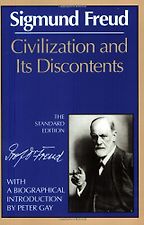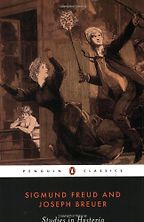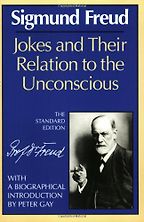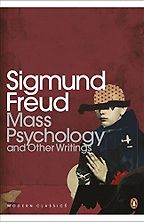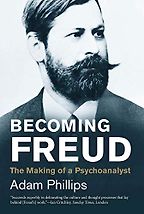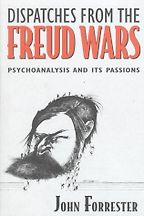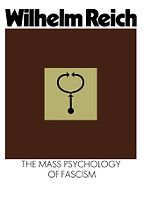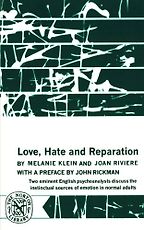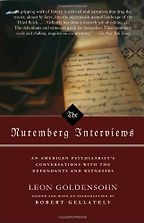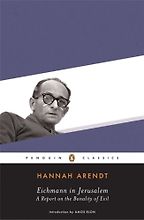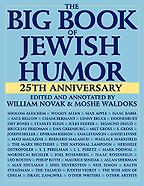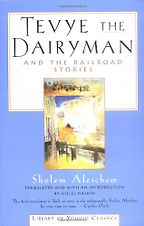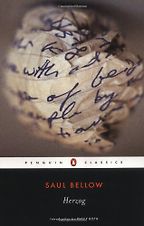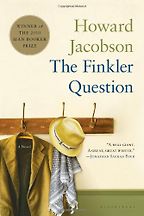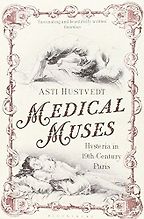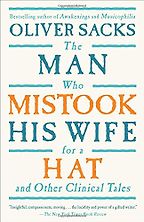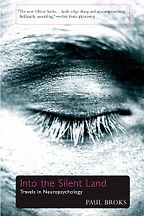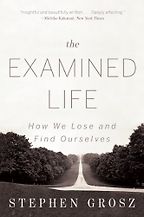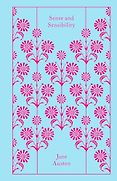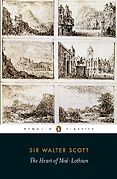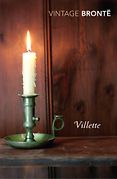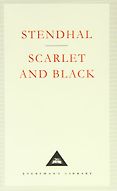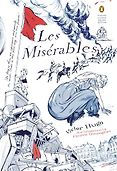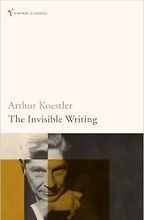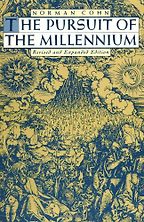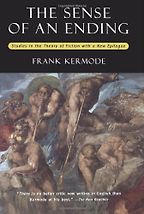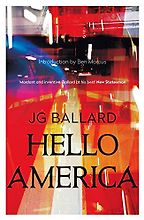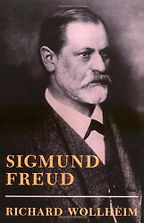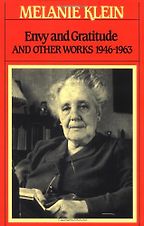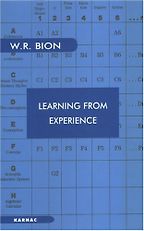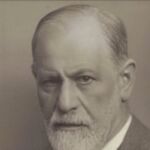
Books by Sigmund Freud
Sigmund Freud is thought of as founding father of psychoanalysis. Freud’s books have been recommended many times by experts on Five Books.
Freud expert Lisa Appignanesi has recommended books about Sigmund Freud. “Freud is like the weather. He’s everywhere. If you look anywhere in our culture his ideas will appear, even if they’re not named as his ideas. Once you’ve read him, you say to yourself ‘oh that that’s where this has come from,’ even though it may not be publicly stated or cited.”
“It is relatively easy to read as a stand-alone text and it addresses what we mean by civilisation and what the cost to us is of being civilised. It is partly Freud’s attitude that makes him so remarkable – his capacity for detached observation. I don’t mean cold and indifferent but it is a psychological achievement to take in as much as he can in as unbiased a way as possible. He takes a long look at civilisation, embracing within that the cost to the individual, a cost we continue to pay. He writes: ‘We have taken care not to concur with the prejudice that civilisation is synonymous with a trend towards perfection.’ This laconic style is typical of the way Freud writes. He means that in order to be civilised we have to repress certain sexual and destructive desires and the very powerful forms of rivalry that are inherent in all of us – for the group to function together. Inevitably the cost to the individual is expressed in neurosis.” Read more...
The best books on Psychoanalysis
David Bell, Psychologist
“This was the starting point when people first considered the idea that stress and psychological distress can be ‘converted’ into physical symptoms.” Read more...
The best books on Psychosomatic Illness
Suzanne O'Sullivan, Science Writer
“Humour is a way of allowing for all that we cannot allow ourselves because we are trying so hard to be civilized and good people.” Read more...
The best books on Jewish Humour
Ruth Wisse, Literary Scholar
“He writes this paper on group or mass psychology after World War I. It was a time when many writers tried to come to terms with the industrialised mass slaughter and to think about what drove nationalism and militarism in the first place. For Freud, the Great War confirmed some of his own ideas about human destructiveness and repetition. It was viewed as evidence of the power of the irrational. A concern with human destructiveness and aggression and the constant propensity to the repetition of pathology was to be a central feature of his thought in the 1920s and 1930s.” Read more...
The best books on The Psychology of Nazism
Daniel Pick, Historian
“With The Interpretation of Dreams, he invents a special kind of confessional, reflective, meandering narrative genre, through which you can both argue theoretically and also look inward and write about the self and the way the mind works. Through this book you see how the Freudian self takes on layers and layers of significance. He leads us not only into dreams and their occluded meanings, but into memory: for Freud, the most important dreams take you back into childhood. These memories of childhood are woven into fresh understandings of childhood experience and more generally into ideas of how dreams hide meanings and how interpretation can take place.” Read more...
The best books on Sigmund Freud
Lisa Appignanesi, Novelist
Interviews where books by Sigmund Freud were recommended
The best books on Sigmund Freud, recommended by Lisa Appignanesi
Born into a middle-class Jewish family in Moravia in the Austro-Hungarian empire, Sigmund Freud spent most of his life in Vienna, until fleeing to London just before his death in 1939. Using his classical education to illustrate his points, he introduced the idea that we have an ‘unconscious’ that plays an important role in our actions. For his sessions when patients talked freely to him about their thoughts in a one-on-one setting, he coined the term ‘psychoanalysis.’ Freud expert Lisa Appignanesi talks us through books that shed light on his life as well as his work.
The best books on The Psychology of Nazism, recommended by Daniel Pick
The historian and author of The Pursuit of the Nazi Mind, Daniel Pick, tells us what we can learn from attempts to use psychology, psychiatry and psychoanalysis to understand Nazism.
The best books on Jewish Humour, recommended by Ruth Wisse
Ruth Wisse, Martin Peretz Professor of Yiddish Literature and Comparative Literature Emerita at Harvard and author of No Joke: Making Jewish Humour, identifies Tevye the Dairyman as the first standup comic and Sigmund Freud as Jewish humour’s greatest analyst.
-

1
Studies in Hysteria
by Josef Breuer & Sigmund Freud -

2
Medical Muses: Hysteria in Nineteenth-Century Paris
by Asti Hustvedt -

3
The Man Who Mistook His Wife for a Hat
by Oliver Sacks -

4
Into the Silent Land: Travels in Neuropsychology
by Paul Broks -

5
The Examined Life: How We Lose and Find Ourselves
by Stephen Grosz
The best books on Psychosomatic Illness, recommended by Suzanne O'Sullivan
The best books on Psychosomatic Illness, recommended by Suzanne O'Sullivan
We still understand very little about the workings of the brain, and yet we dismiss the tricks it can play on us as undeserving of the same sympathy as physical illness. Neurologist and author Suzanne O’Sullivan recommends the best books on psychosomatic illness.
The Best 19th-Century Books
The 19th century was a golden age for books, with the flourishing of great realist novels, as well as epic adventure stories and what would turn out to be distinct genres, including sci-fi, horror, and mystery. It was also an important time for the history of ideas, with the publication of key books that would change the world, and how we view it, forever.
Critiques of Utopia and Apocalypse, recommended by John Gray
Is it inevitable that the desire to build a perfect world should end in disaster? John Gray considers the flaws in utopian thinking and the essential nature of humans. He recommends the best critiques of utopia and apocalypse.
The best books on Psychoanalysis, recommended by David Bell
The well-known psychoanalyst explains which books he believes deserve to be the most read on psychoanalysis. His choices include books by Freud, Klein, Bion, Arendt and explanations of why they must be included.
